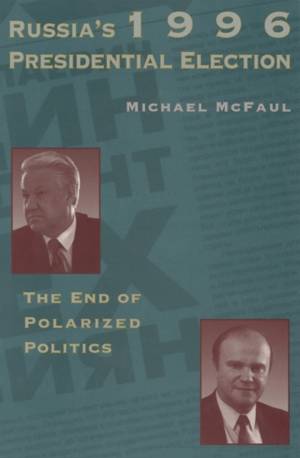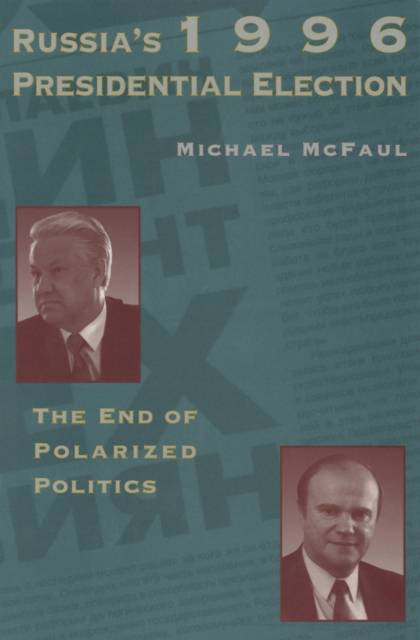
- Retrait gratuit dans votre magasin Club
- 7.000.000 titres dans notre catalogue
- Payer en toute sécurité
- Toujours un magasin près de chez vous
- Retrait gratuit dans votre magasin Club
- 7.000.0000 titres dans notre catalogue
- Payer en toute sécurité
- Toujours un magasin près de chez vous
12,95 €
+ 25 points
Description
In June 1996, for the first time in thousand years, Russian citizens were given the chance to select their head of state in a democratic election. Michael McFaul analyzes three major factors that combine to explain why Boris Yeltsin's victory, should have been expected, discusses the reasons behind Yeltsin's victory, and examines its impact on electoral politics in post-Soviet Russia.
Spécifications
Parties prenantes
- Auteur(s) :
- Editeur:
Contenu
- Nombre de pages :
- 170
- Langue:
- Anglais
- Collection :
- Tome:
- n° 442
Caractéristiques
- EAN:
- 9780817995027
- Date de parution :
- 01-07-97
- Format:
- Livre broché
- Format numérique:
- Trade paperback (VS)
- Dimensions :
- 154 mm x 229 mm
- Poids :
- 285 g

Les avis
Nous publions uniquement les avis qui respectent les conditions requises. Consultez nos conditions pour les avis.






